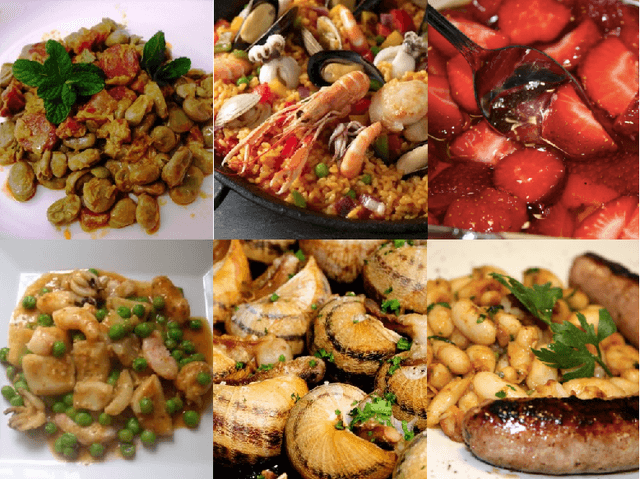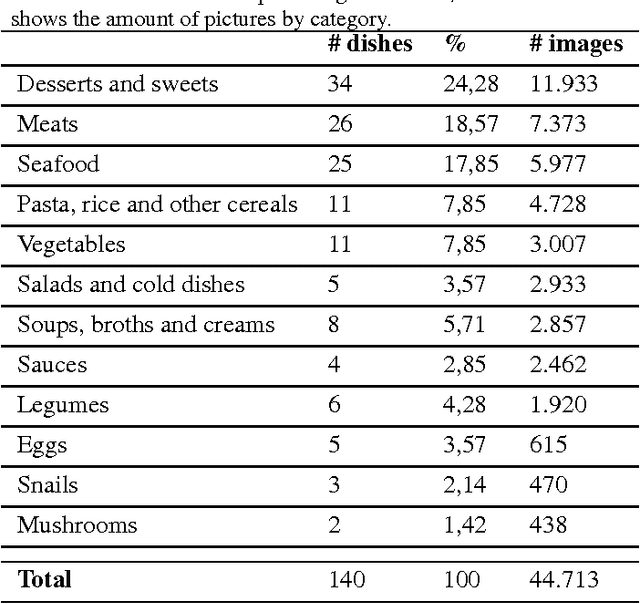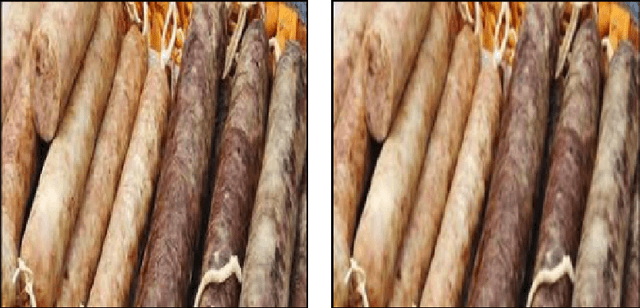Can a CNN Recognize Catalan Diet?
Paper and Code
Jul 29, 2016



Nowadays, we can find several diseases related to the unhealthy diet habits of the population, such as diabetes, obesity, anemia, bulimia and anorexia. In many cases, these diseases are related to the food consumption of people. Mediterranean diet is scientifically known as a healthy diet that helps to prevent many metabolic diseases. In particular, our work focuses on the recognition of Mediterranean food and dishes. The development of this methodology would allow to analise the daily habits of users with wearable cameras, within the topic of lifelogging. By using automatic mechanisms we could build an objective tool for the analysis of the patient's behaviour, allowing specialists to discover unhealthy food patterns and understand the user's lifestyle. With the aim to automatically recognize a complete diet, we introduce a challenging multi-labeled dataset related to Mediterranean diet called FoodCAT. The first type of label provided consists of 115 food classes with an average of 400 images per dish, and the second one consists of 12 food categories with an average of 3800 pictures per class. This dataset will serve as a basis for the development of automatic diet recognition. In this context, deep learning and more specifically, Convolutional Neural Networks (CNNs), currently are state-of-the-art methods for automatic food recognition. In our work, we compare several architectures for image classification, with the purpose of diet recognition. Applying the best model for recognising food categories, we achieve a top-1 accuracy of 72.29\%, and top-5 of 97.07\%. In a complete diet recognition of dishes from Mediterranean diet, enlarged with the Food-101 dataset for international dishes recognition, we achieve a top-1 accuracy of 68.07\%, and top-5 of 89.53\%, for a total of 115+101 food classes.
 Add to Chrome
Add to Chrome Add to Firefox
Add to Firefox Add to Edge
Add to Edge